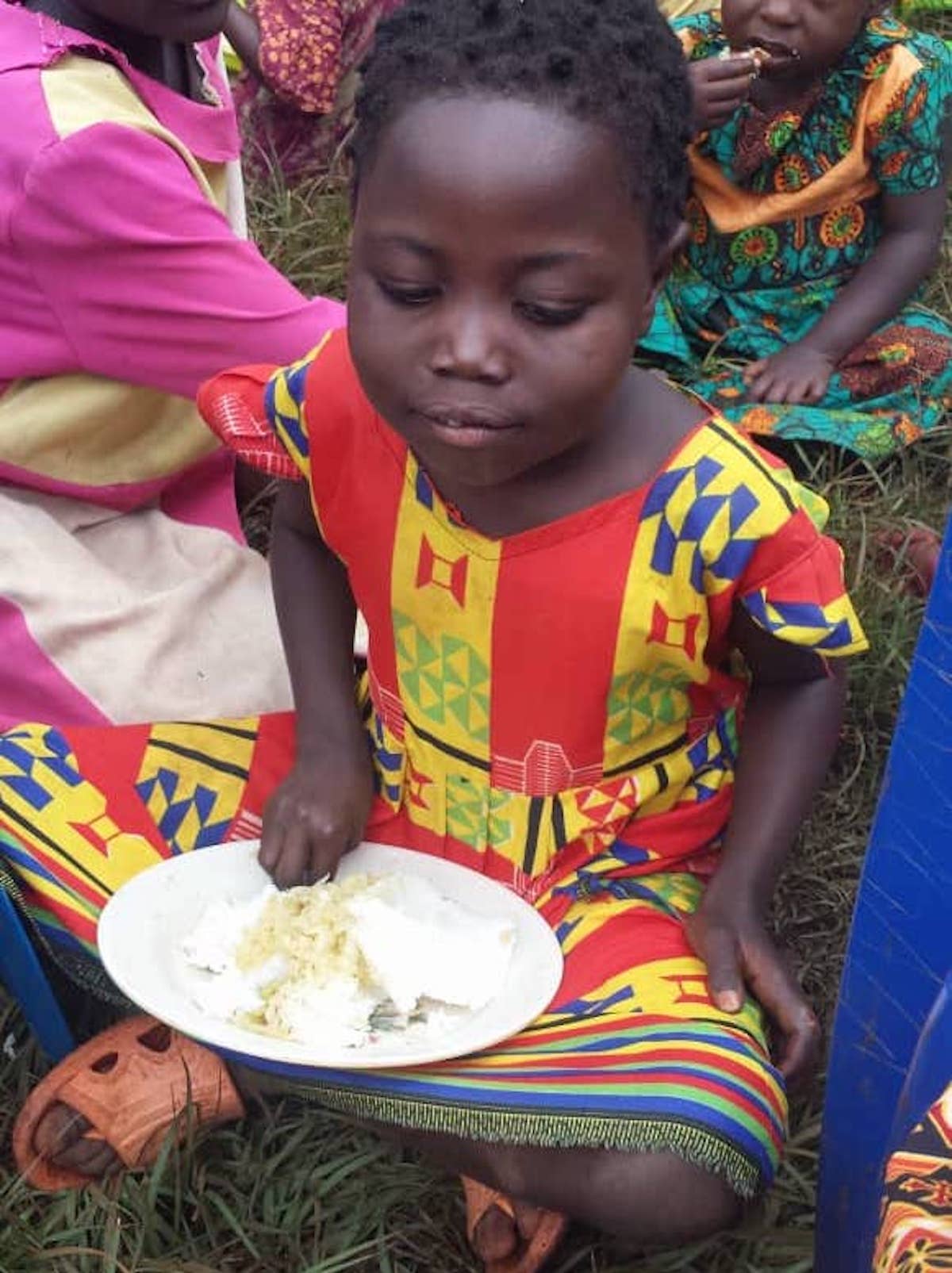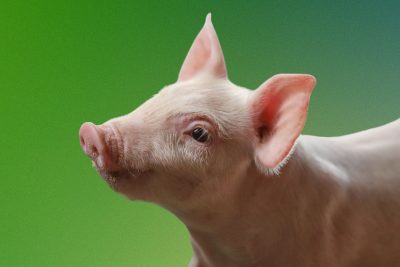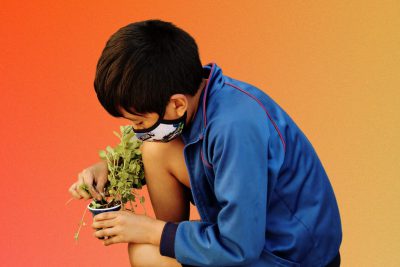Veganism isn’t just sweeping the Western world – it’s sweeping the globe, with health, pandemic avoidance, and climate concerns largely behind the growth of plant-based lifestyles.
Across Africa, a growing number of plant-based restaurants are opening in response to health and environmental challenges. Happy Cow, an app that helps vegetarians and vegans find places to eat around the world, now lists more than 900 restaurants with vegan options across Africa – more than half of which were added in the past two years.
While big cities like cities like Cape Town and Johannesburg in South Africa, Nairobi in Kenya, and Accra in Ghana have been at the forefront of this push, veganism has even found its way into villages, schools, and tribal communities, where people’s desire to fight climate change and improve their health is just as strong as it might be anywhere else in the world.
Veganism in Uganda
In Busembatia, a small town located on the northern edge of the Iganga District of Uganda, one dedicated vegan activist – Muwanika Brian – has been working to improve the health and prospects of orphaned children by teaching them to see animals as God’s beloved creatures, rather than as food – and demonstrating how a plant-based food system can benefit both their health and the health of Uganda.
Africa experiences many of the serious health and environmental challenges that veganism helps to tackle. According to the World Health Organization, conditions such as heart disease and cancer have now overtaken infectious diseases, such as cholera and measles, to become the biggest drain on Africa’s economies. Much of the continent is already feeling the effects of climate change as more regular and unpredictable droughts and floods wreak havoc for farmers and regularly claim lives.
Muwanika Brian points out that veganism isn’t a new trend – it is simply a return to traditional African diets; diets rich in rice, posho, motoke, Sukuma, dodo, lectus, egg plants, nuts, beans, and potatoes.
A Traditional Diet is Plant-Based
“A plant based diet is a powerful way to achieve good health. That’s why the children and families of my community need to return to this more traditional way of eating. Plant-based foods are full of fiber, calcium, protein, and many other nutrients that allow us to thrive. We don’t need to kill animals for food – we have to protect them instead. They have as much right to a full life as we do: that’s why being vegan is best and why veganism is the future.” – Muwanika Brian
Today and through November, Million Dollar Vegan is joining forces with Muwanika Brian and local volunteers to provide vegan meals and plant-based food supplies for families and orphaned children impacted by the pandemic in Busembatia, Uganda. Through this donation of plant-based foods, education around the benefits of shifting towards a plant-based lifestyle, and the growing awareness of the consequences of animal-based diets, Muwanika Brian hopes to shift the way his community views food.
“I want my community to be empowered by what they eat, not threatened by it. Veganism is for me, veganism is for them, veganism is for the animals, veganism is for the planet – veganism is global!”





